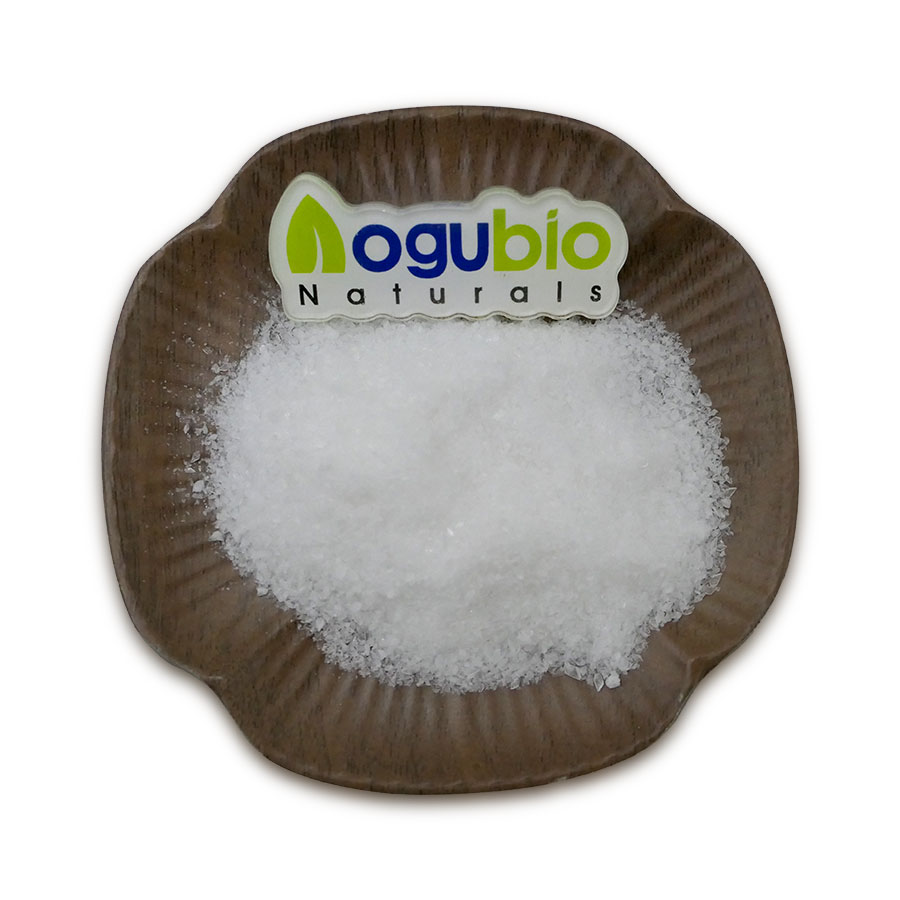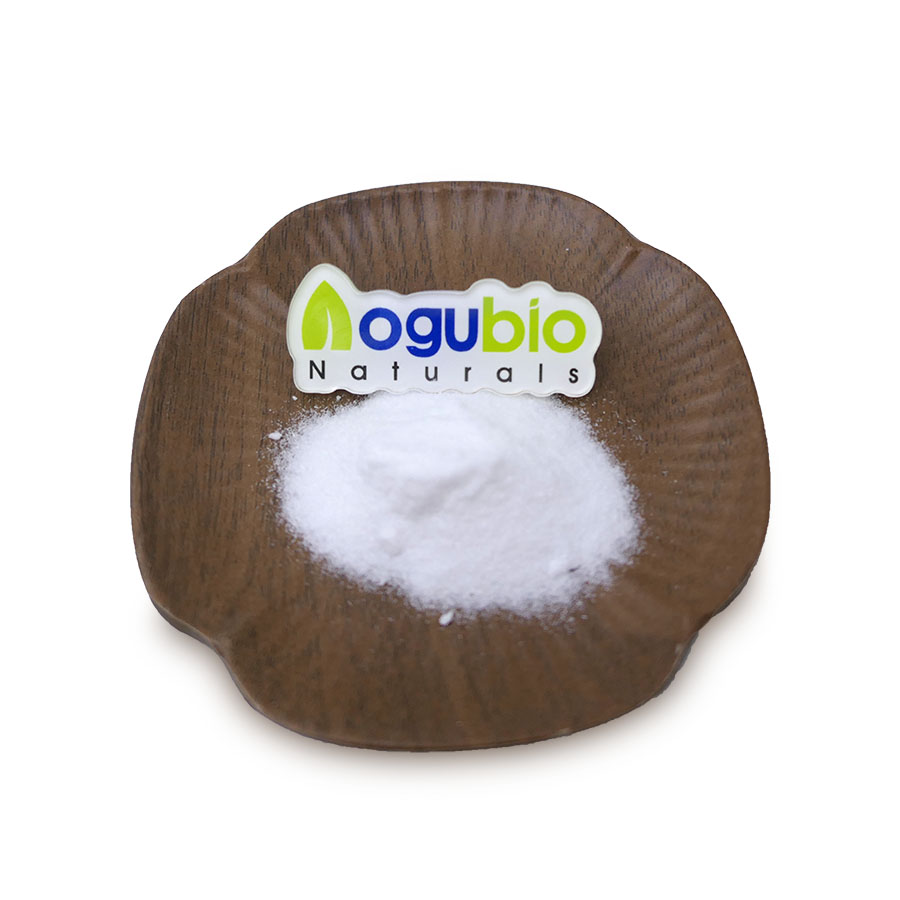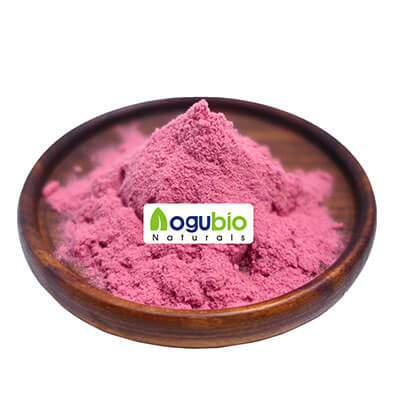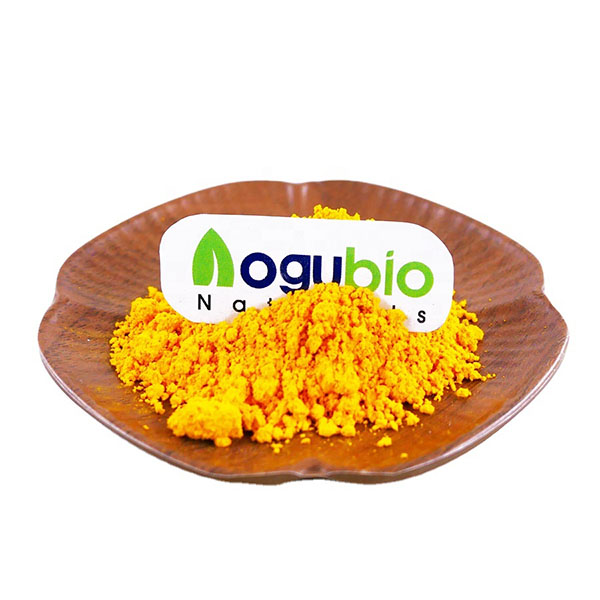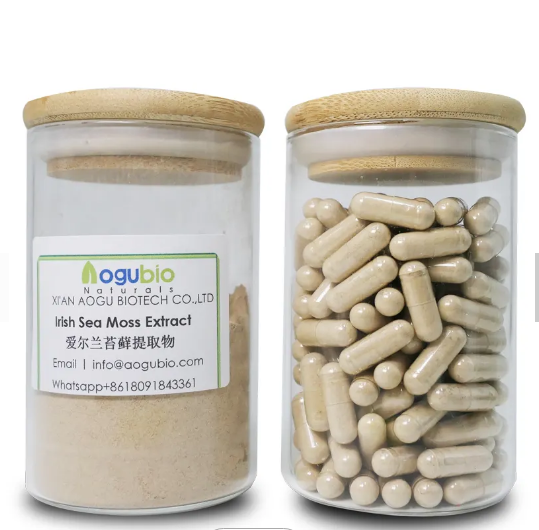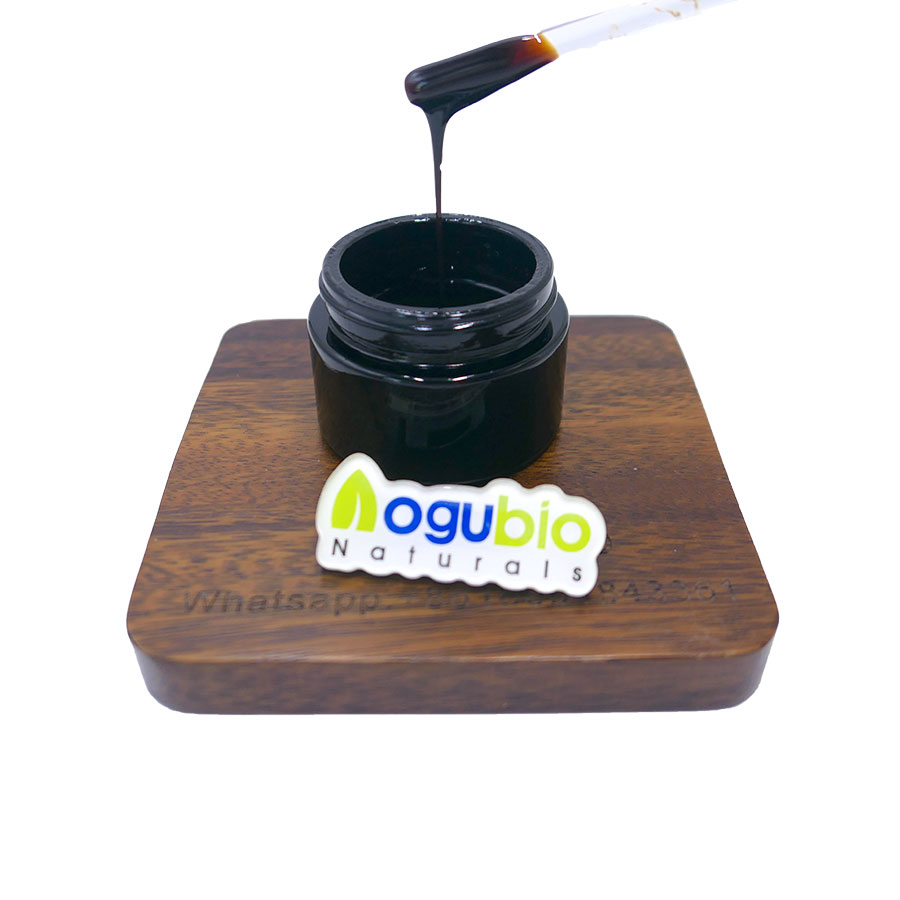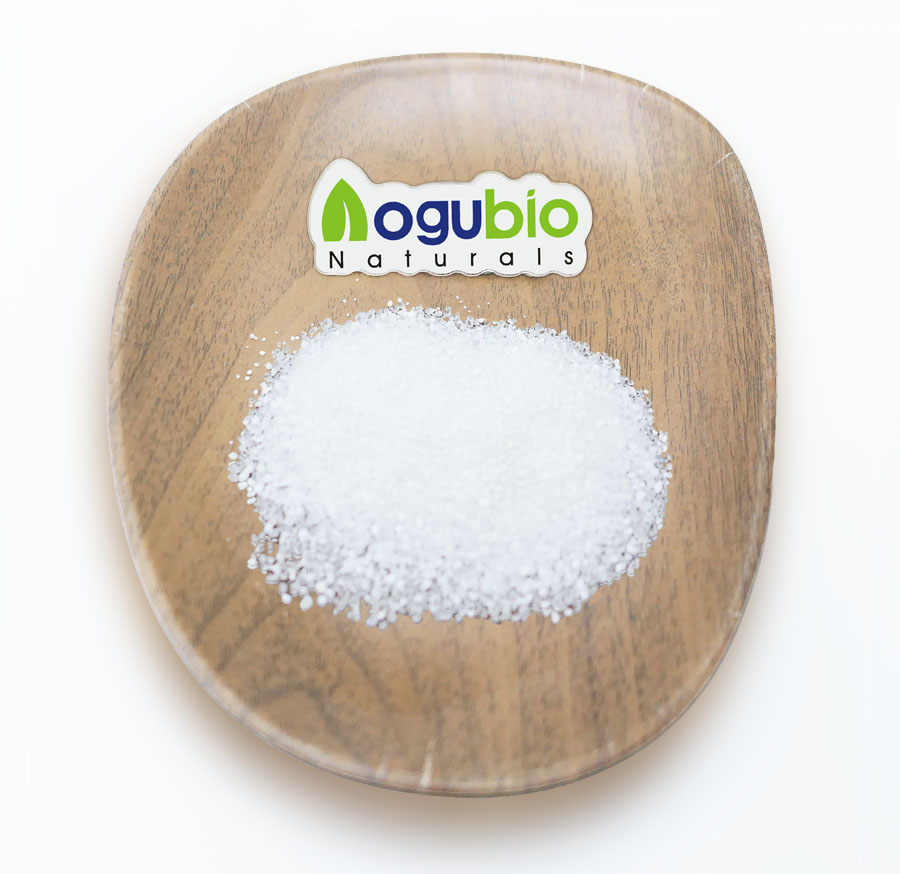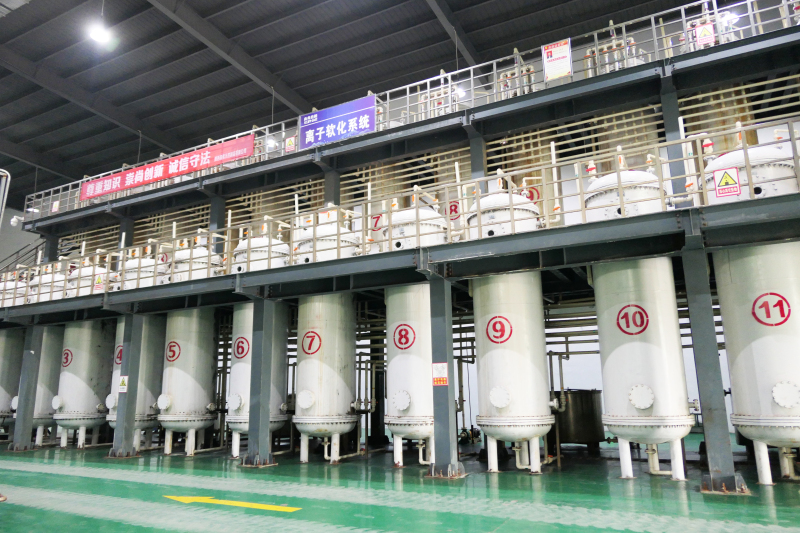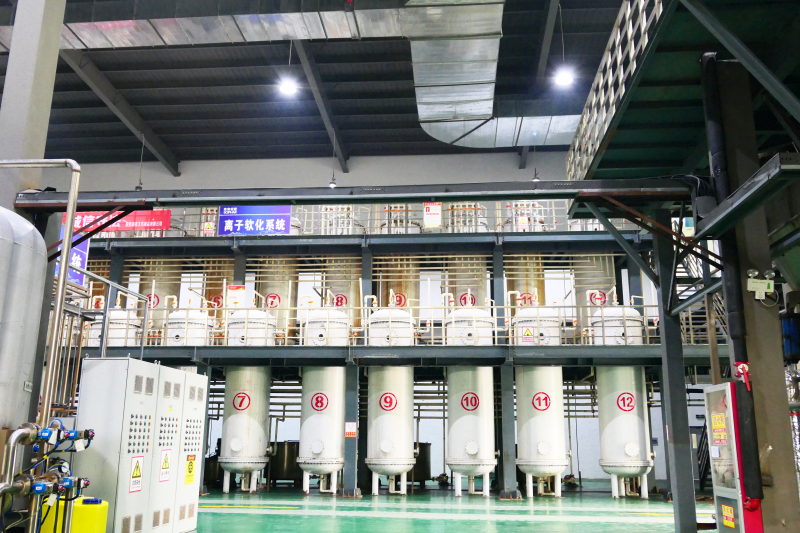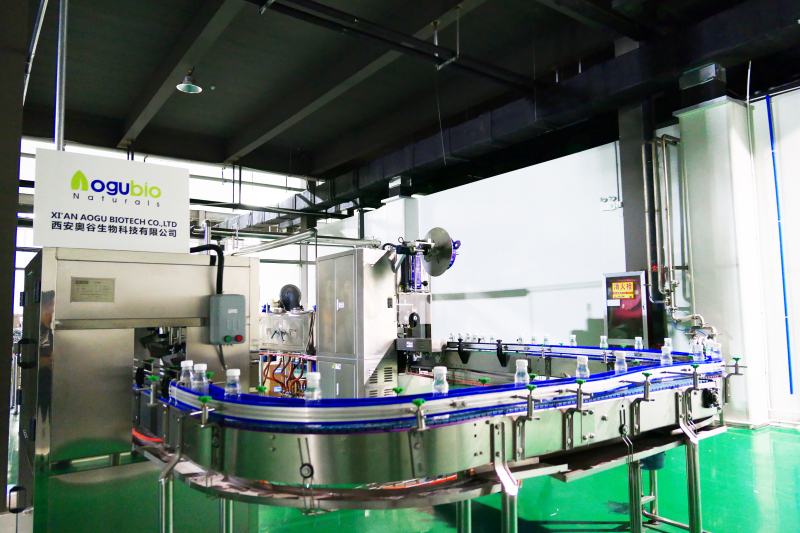Understanding the Antioxidant Properties of N-Acetylcysteine
N-Acetylcysteine (NAC) has gained significant attention in recent years for its potential health benefits. With its antioxidant properties, this compound has shown promising results in various studies. Available in both capsule and powder forms, NAC is a popular supplement that many people incorporate into their wellness routine. In this article, we will explore the antioxidant properties of NAC and understand how it can contribute to our overall well-being.
Antioxidants play a crucial role in our body by neutralizing harmful molecules called free radicals. Free radicals are unstable atoms that can cause damage to cells and DNA, leading to inflammation and chronic diseases. Our body naturally produces antioxidants, but external factors like pollution, stress, and poor diet can deplete these levels, making it essential to supplement them through dietary intake or supplements.
N-Acetylcysteine acts as a precursor to glutathione, one of the most potent antioxidants produced naturally in our body. Glutathione helps neutralize free radicals and protects our cells from oxidative stress. However, various factors, such as aging, illness, or exposure to toxins, can lead to a decrease in glutathione levels. This is where NAC comes into the picture. By providing cysteine, a crucial amino acid required for glutathione synthesis, NAC enhances glutathione production and supports the antioxidant defense system.
In addition to its role in supporting glutathione production, NAC has direct antioxidant effects. It directly scavenges free radicals and helps reduce their levels in the body. By reducing oxidative stress, NAC aids in protecting cellular function and overall health. This powerful antioxidant is also known for its anti-inflammatory properties, further contributing to its beneficial effects.
NAC's antioxidant properties have been studied in various health conditions. It has been found to be effective against respiratory conditions like chronic obstructive pulmonary disease (COPD) and asthma. NAC's ability to reduce oxidative stress and inflammation in the lungs improves lung function and alleviates symptoms. It is also used as a supportive therapy for liver conditions such as nonalcoholic fatty liver disease (NAFLD) and liver damage caused by alcohol or medications. NAC's antioxidant effects help protect the liver cells from damage and aid in detoxification.
Furthermore, NAC has shown potential in mental health disorders like depression, bipolar disorder, and addiction. Oxidative stress and inflammation play a role in the pathophysiology of these conditions, and NAC's antioxidant properties help reduce their impact. Research suggests that NAC can have a positive effect on mood, cognition, and overall mental well-being.
When considering NAC supplementation, it is important to note that individual requirements may vary. Consulting with a healthcare professional is recommended to determine the appropriate dosage and duration. NAC is generally well-tolerated, but some people may experience mild side effects like nausea or gastrointestinal discomfort.
In conclusion, N-Acetylcysteine is a powerful antioxidant that supports the body's antioxidant defense system. Its ability to boost glutathione production and directly scavenge free radicals makes it a valuable supplement for overall health. From respiratory conditions to liver health and mental well-being, NAC has shown promising results in various areas. Incorporating NAC capsules or powder into your wellness routine may help protect against oxidative stress and promote optimal health. Remember to consult with a healthcare professional before starting any new supplement regimen to ensure it is suitable for you.
Product Description
N-acetyl cysteine (NAC) comes from the amino acid L-cysteine. Amino acids are building blocks of proteins. NAC has many uses and is an FDA approved drug.
N-acetyl cysteine is an antioxidant that might play a role in preventing cancer. As a drug, it's used by healthcare providers to treat acetaminophen (Tylenol) poisoning. It works by binding the poisonous forms of acetaminophen that are formed in the liver.
People commonly use N-acetyl cysteine for cough and other lung conditions. It is also used for flu, dry eye, and many other conditions, but there is no good scientific evidence to support many of these uses. There is also no good evidence to support using N-acetyl cysteine for COVID-19.
N-Acetyl-L-Cysteine is an amino acid, can be transformed from the body of methionine, cystine can be transformed with each other. N-Acetyl-l-cysteine can be used as a mucilagenic agent. It is suitable for respiratory obstruction caused by a large amount of phlegm obstruction. In addition, it can also be used for detoxification of acetaminophen poisoning.
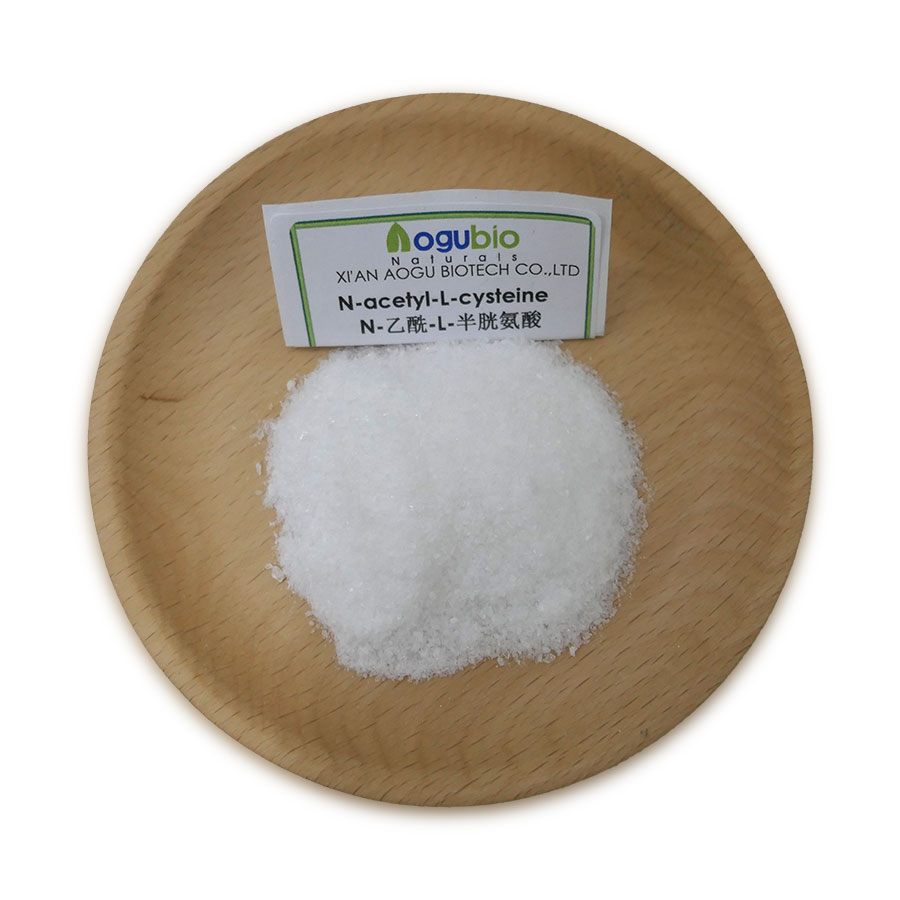
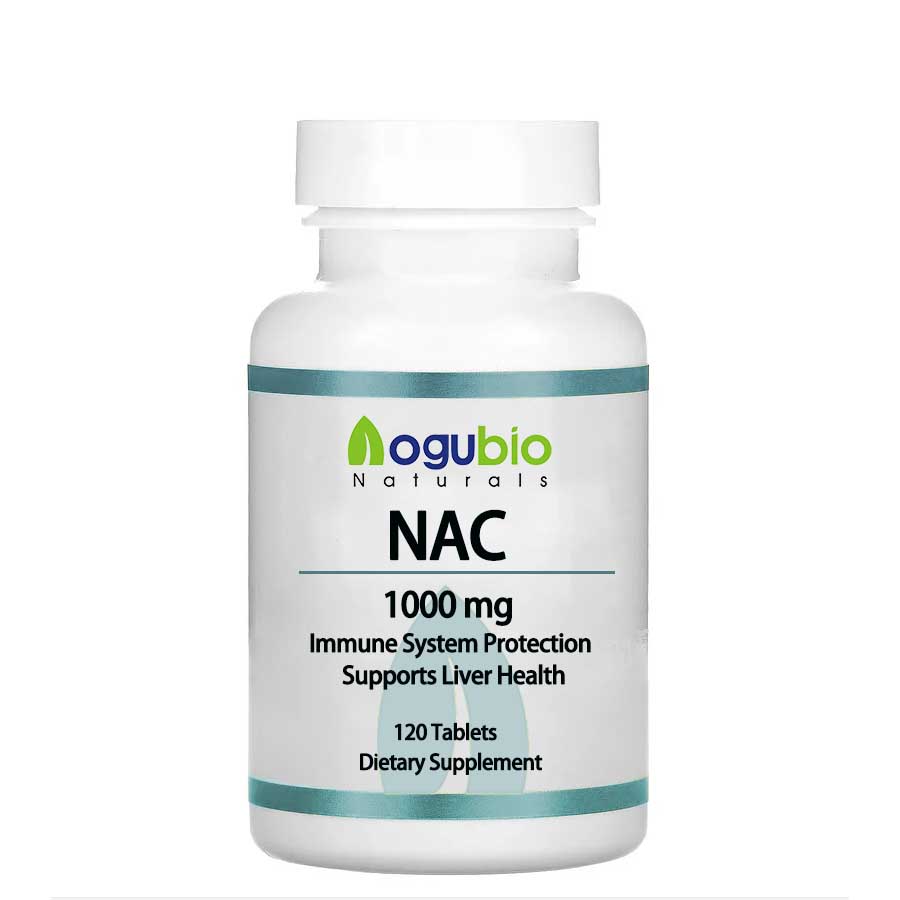
Function
N-Acetyl-L-Cysteine is an amino acid, can be transformed from the body of methionine, cystine can be transformed with each other. N-Acetyl-l-cysteine can be used as a mucilagenic agent. It is suitable for respiratory obstruction caused by a large amount of phlegm obstruction. In addition, it can also be used for detoxification of acetaminophen poisoning.






